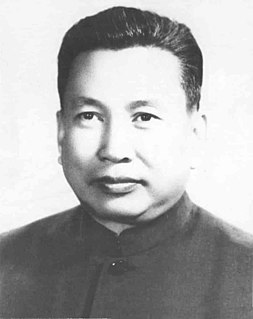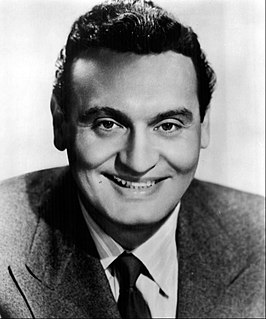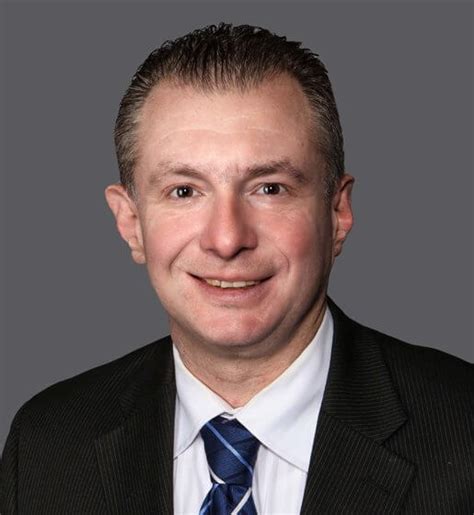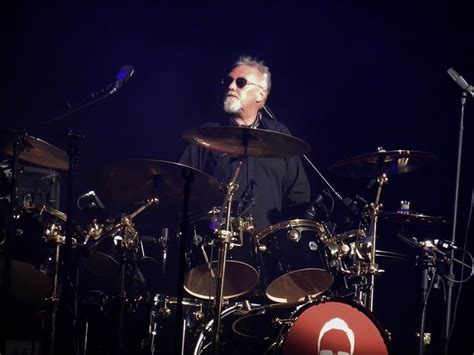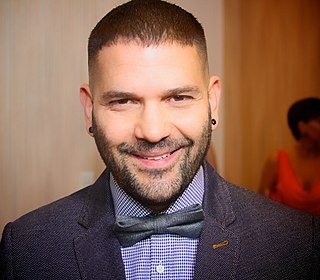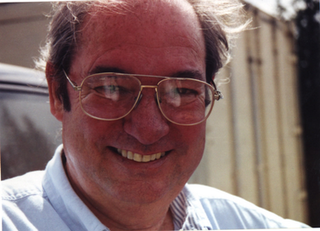A Quote by James Frey
We did what our people do all the time, we told ourselves something we did was right and we found a way to justify it, even though we knew it was wrong.
Related Quotes
I did all the usual things. I think I did everything that everybody else does. I did auditions. I went to see people. I went to see the right people in some instances, the wrong people in others. The wrong time in others. The right time in others. Nothing seemed to make any difference. I quit 5 times! I always went back to try again when circumstances came around to it.
Creation is a sustained period of bliss, even though the subject can still be very sad. Because there's the triumph of coming through and understanding that you have, and that you did it the way only you could do it. You didn't do it the way somebody told you to do it. You did it just the way you had to do it, and that is what makes us us.
"She (Minnie Ruth Solomon) was unusual because even though I knew her family was as poor as ours, nothing she said or did seemed touched by that. Or by prejudice. Or by anything the world said or did. It was as if she had something inside her that somehow made all that not count. I fell in love with her some the first time we ever talked, and a little bit more every time after that until I thought I couldn't love her more than I did. And when I felt that way, I asked her to marry me . . . and she said she would."
The history of lead is a history of neglect. It's a history of decisions on our part not to address the broad implications of what we did to ourselves during the industrial revolution and in the first part of the century when our cities expanded broadly, when we built our housing and we began to depend upon lead as a mainstay of our new industrial culture. We put this stuff in even though we knew it was dangerous, we knew it was going to hurt kids.
Even though I knew I was inside the space shuttle getting ready to go fly, something about it wasn't completely real up until we got the call at about one minute to go, to close and lock our visors and start our oxygen flow. People often ask me, "What did it feel like right at the moment of launch?" And they're surprised when I tell them actually what I felt was relief. It wasn't like being anxious or scared or anything. It was relief because this is something I had wanted to do my whole life and now that the boosters had lit, we were on our way to go do it and nothing was going to stop us.
We stand there, quiet. My questions all seem wrong: How did you get so old? Was it all at once, in a day, or did you peter out bit by bit? When did you stop having parties? Did everyone else get old too, or was it just you? Are other people still here, hiding in the palm trees or holding their breath underwater? When did you last swim your laps? Do your bones hurt? Did you know this was coming and hide that you knew, or did it ambush you from behind?

